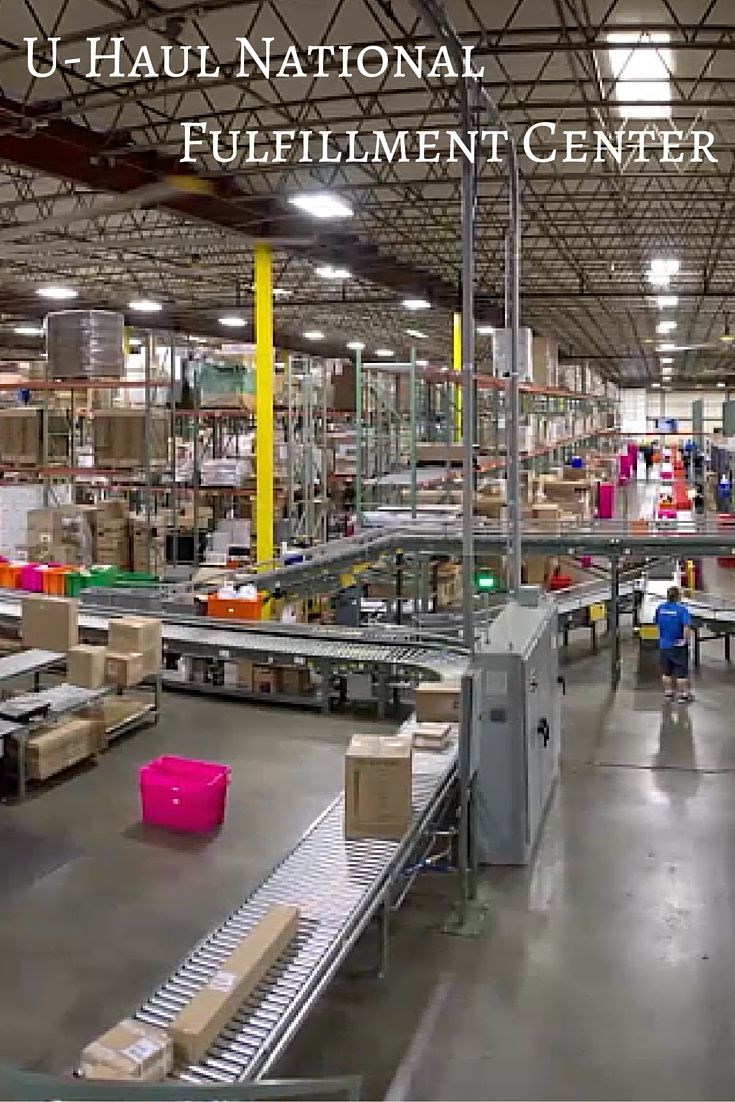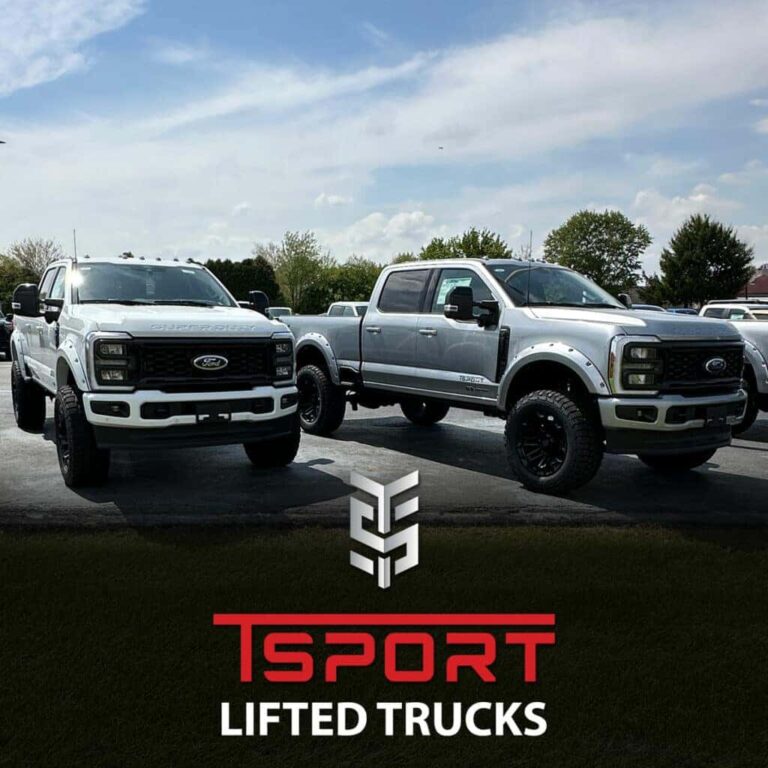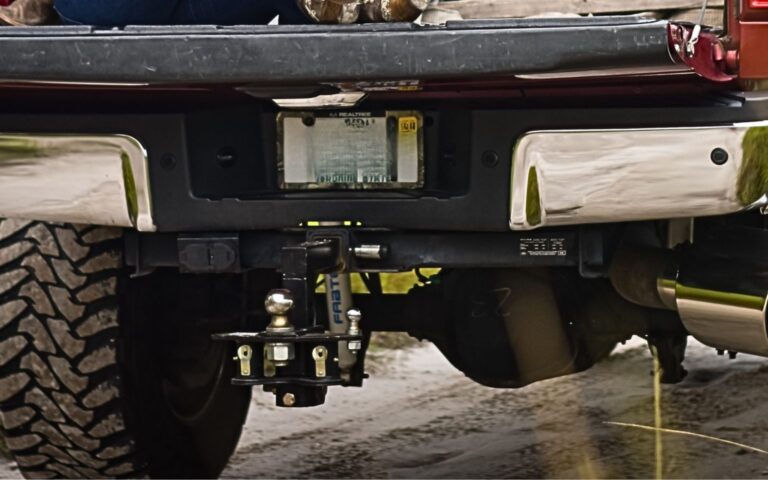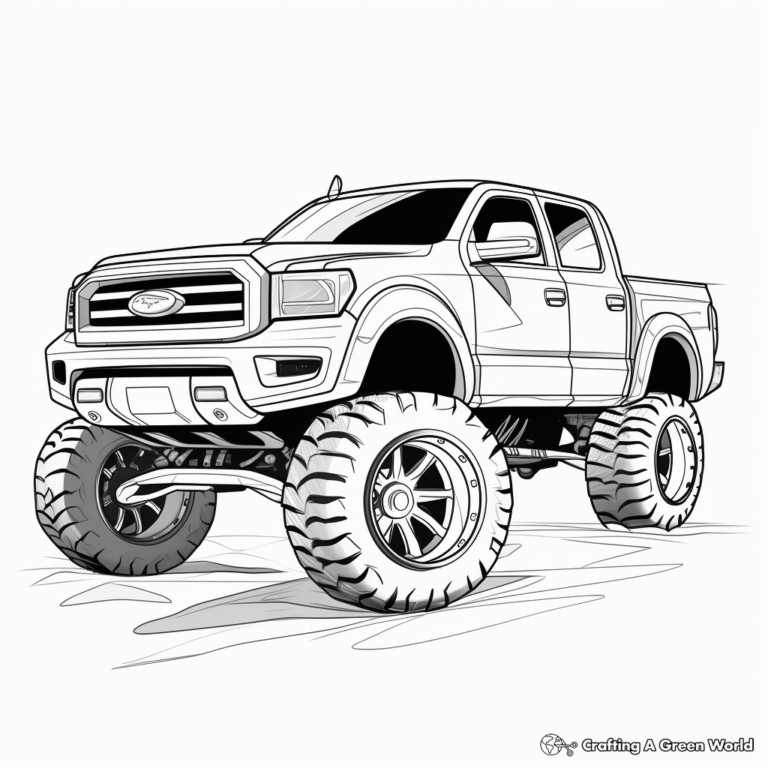U-Haul Hitches Installed: Your Comprehensive Guide to Safe and Reliable Towing
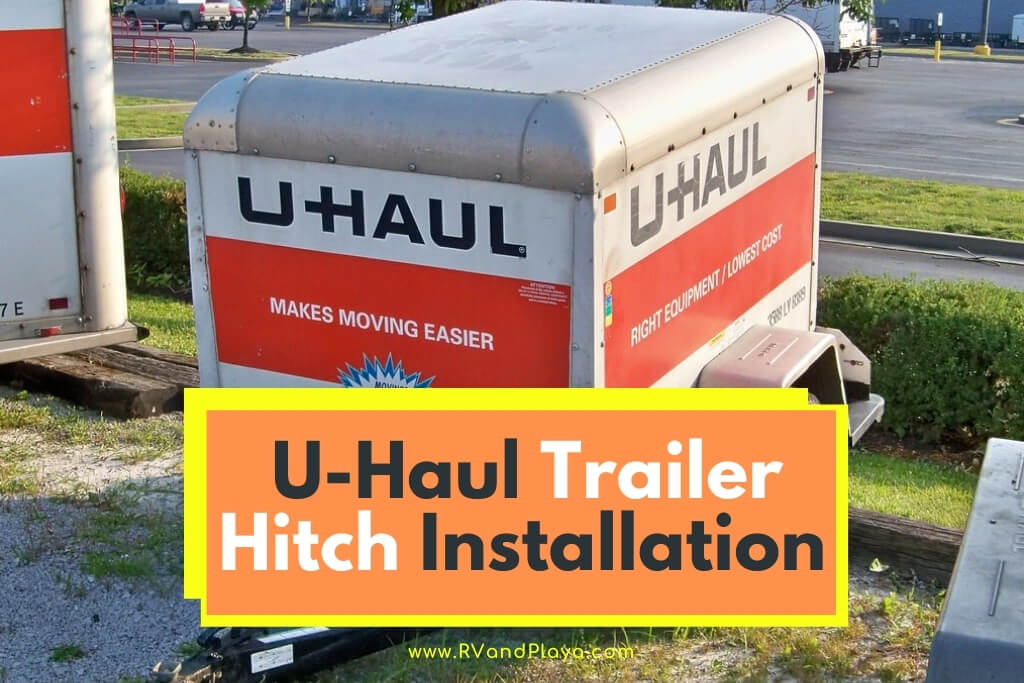
U-Haul Hitches Installed: Your Comprehensive Guide to Safe and Reliable Towing
Towing a trailer, whether for a cross-country move, a weekend camping trip, or hauling equipment, requires a robust and properly installed hitch system. For many, the thought of navigating the complexities of hitch selection and installation can be daunting. This is where "U-Haul Hitches Installed" comes into play – offering a convenient, professional, and reliable solution for getting your vehicle tow-ready.
U-Haul, a household name in moving and storage, extends its expertise beyond truck rentals to provide comprehensive hitch installation services. These services ensure that your vehicle is equipped with the correct hitch, wired properly for trailer lights, and ready to safely handle your towing needs. Choosing U-Haul for your hitch installation means opting for peace of mind, expert service, and a system designed for durability and safety. This guide will walk you through everything you need to know about U-Haul’s hitch installation services, helping you hit the road with confidence.
Why Choose U-Haul for Hitch Installation?
Opting for professional hitch installation, particularly from a trusted provider like U-Haul, offers several compelling advantages over a DIY approach or lesser-known shops:
- Expertise and Certified Technicians: U-Haul employs trained and certified technicians who specialize in hitch installation. They possess the knowledge and experience to correctly assess your vehicle, recommend the appropriate hitch class, and perform a flawless installation, adhering to manufacturer specifications and safety standards.
- Convenience and Accessibility: With thousands of locations nationwide, U-Haul offers unparalleled accessibility. You can easily find a service center near you, often co-located with rental facilities, making it a convenient one-stop shop for all your moving and towing needs.
- Quality Products and Robust Selection: U-Haul partners with reputable manufacturers to provide high-quality, durable hitches and towing accessories. They offer a wide range of hitch classes (Class I through V) to accommodate various vehicles and towing requirements, ensuring you get the right fit for your specific needs.
- Comprehensive Service: Beyond just mounting the hitch, U-Haul provides a full suite of services, including custom wiring harness installation, brake controller installation, and advice on essential towing accessories like ball mounts, hitch balls, and weight distribution systems.
- Warranty and Support: Professional installation often comes with a warranty on both the hitch and the installation service, offering an added layer of protection and peace of mind. U-Haul’s established reputation means reliable customer support should any issues arise.
- Emphasis on Safety: Proper hitch installation is paramount for safe towing. U-Haul’s technicians ensure that the hitch is securely fastened, the wiring is correctly connected to power trailer lights, and all components meet safety regulations, significantly reducing the risk of accidents caused by faulty equipment.
Understanding U-Haul Hitch Types and Classes
Selecting the correct hitch for your vehicle and intended towing load is critical. U-Haul’s experts guide you through understanding the different hitch classes:
- Class I (Light-Duty): Designed for lighter loads, typically up to 2,000 lbs Gross Trailer Weight (GTW) and 200 lbs Tongue Weight (TW). Ideal for small utility trailers, bike racks, or cargo carriers.
- Class II (Medium-Duty): Suitable for loads up to 3,500 lbs GTW and 350 lbs TW. Commonly used for small boat trailers, pop-up campers, and slightly larger utility trailers.
- Class III (Heavy-Duty): The most common class, handling up to 8,000 lbs GTW and 800 lbs TW. Perfect for larger boat trailers, travel trailers, and enclosed cargo trailers. Many SUVs and trucks are equipped with Class III hitches.
- Class IV & V (Super Heavy-Duty/Commercial-Duty): Designed for significant towing capacities, often exceeding 10,000 lbs GTW. These are typically found on heavy-duty trucks and used for large RVs, car haulers, or commercial applications.
U-Haul technicians will assess your vehicle’s make, model, year, and its manufacturer-specified towing capacity, along with your planned towing needs, to recommend the most appropriate hitch class and specific receiver model. They primarily install receiver hitches, which are versatile and compatible with a wide array of towing accessories.
The U-Haul Hitch Installation Process: What to Expect
When you choose U-Haul for hitch installation, you can expect a streamlined and professional process:
- Consultation and Selection: You’ll begin by discussing your towing needs and vehicle details with a U-Haul representative. They will help you select the correct hitch class and model that matches your vehicle’s specifications and your towing requirements.
- Scheduling Your Appointment: Once the hitch is selected, you’ll schedule an appointment at a convenient U-Haul location. While some locations may accommodate walk-ins, scheduling ensures prompt service.
- Vehicle Preparation: Upon arrival, technicians may perform a brief inspection of your vehicle’s underside to confirm compatibility and identify any potential challenges.
- Hitch Installation:
- Mounting the Receiver: The technicians will securely mount the receiver hitch to your vehicle’s frame. This often involves drilling, bolting, and sometimes temporary removal of exhaust components or fascia for a custom fit.
- Wiring Harness Installation: A crucial step is the installation of a custom wiring harness. This connects your vehicle’s electrical system to a trailer light connector (typically 4-flat or 7-way), ensuring your trailer’s brake lights, turn signals, and running lights function correctly.
- Brake Controller Installation (If Needed): For heavier trailers, a brake controller may be installed to activate the trailer’s electric brakes.
- Testing and Briefing: After installation, the entire system, especially the wiring, will be thoroughly tested to ensure all lights and connections are operational. The technician will then brief you on your new hitch system, its capacity, proper usage, and any specific maintenance tips.
- Timeframe: A standard hitch and wiring installation typically takes 1 to 3 hours, depending on the vehicle’s complexity and the specific services required.
Essential Components Beyond the Hitch Receiver
A complete towing setup involves more than just the receiver hitch. U-Haul also provides and installs these vital components:
- Wiring Harness: Absolutely essential for legal and safe towing. It ensures your trailer’s lights synchronize with your vehicle’s, making your presence and intentions clear to other drivers. U-Haul offers vehicle-specific wiring harnesses for seamless integration.
- Ball Mount and Hitch Ball: The ball mount slides into the receiver, and the hitch ball (available in various sizes) attaches to the ball mount. The hitch ball is the direct connection point for the trailer coupler. Proper sizing is critical for both the ball mount (drop/rise) and the hitch ball (diameter) to match your trailer.
- Pin and Clip: Used to secure the ball mount within the receiver, preventing it from sliding out.
- Brake Controller: Required for trailers equipped with electric brakes and generally recommended for trailers over 1,500-2,000 lbs. It allows you to control the trailer’s brakes independently or in conjunction with your vehicle’s brakes, enhancing safety and control.
- Weight Distribution System: For heavier travel trailers or loads that cause significant sag in the rear of your tow vehicle, a weight distribution system helps distribute the trailer’s tongue weight more evenly across all axles of both the tow vehicle and trailer, improving stability and handling.
Benefits of Professional Installation vs. DIY
While a DIY hitch installation might seem appealing to save money, the benefits of professional installation, particularly from U-Haul, far outweigh the perceived savings:
- Guaranteed Safety: Professionals ensure the hitch is installed correctly, with proper torque on all bolts and secure wiring, eliminating the risks associated with improper installation (e.g., hitch detachment, electrical shorts).
- Expert Knowledge: Vehicles vary greatly in their frame structure and electrical systems. Technicians are trained to handle these complexities, ensuring the hitch fits perfectly without compromising the vehicle’s integrity.
- Specialized Tools and Equipment: Installing a hitch often requires specific tools for drilling, torqueing, and routing wiring, which most DIYers don’t possess. U-Haul facilities are fully equipped.
- Time Efficiency: What might take a DIYer several hours or even a full day can be completed by professionals in a fraction of the time.
- Avoidance of Costly Mistakes: Incorrect drilling can damage your vehicle’s frame, and faulty wiring can lead to electrical issues. Professional installation prevents these expensive errors.
- Warranty and Support: As mentioned, professional installation typically includes a warranty on both parts and labor, providing recourse if any issues arise.
Important Considerations and Tips
Before and after your U-Haul hitch installation, keep these important points in mind:
- Know Your Vehicle’s Towing Capacity: Always adhere to your vehicle manufacturer’s maximum towing capacity, Gross Combined Weight Rating (GCWR), and Tongue Weight (TW) limits. The hitch capacity should never exceed your vehicle’s capacity.
- Understand Trailer Weight: Know your trailer’s Gross Trailer Weight (GTW) and its Tongue Weight (TW). Ensure these are within your vehicle and hitch’s limits.
- Regular Maintenance Checks: Periodically inspect your hitch for rust, loose bolts, or cracks. Check your wiring for frayed cables or corrosion, especially before each tow.
- Practice Driving with a Trailer: Towing changes your vehicle’s dynamics. Practice turns, braking, and backing up in a safe, open area before hitting the road. Remember to allow for wider turns and increased braking distances.
- Legal Requirements: Ensure your trailer lights are always functional, and always use safety chains as a backup connection between your vehicle and trailer.
U-Haul Hitch Installation Price Guide (Estimated)
Note: Prices are estimates and can vary significantly based on vehicle make/model, location, and specific components required. It’s always best to get a direct quote from your local U-Haul facility.
| Service/Item | Description | Estimated Price Range ($) | Notes |
|---|---|---|---|
| Basic Hitch Receiver | Price of the receiver hitch unit itself (Class I-III most common). | $150 – $400 | Higher classes (IV-V) and custom fit hitches can be more expensive. |
| Hitch Installation Labor | Labor cost to physically mount the receiver hitch to your vehicle’s frame. | $100 – $250 | Varies by vehicle complexity (e.g., exhaust drops, fascia trimming). |
| Wiring Harness Kit | Vehicle-specific T-connector or power-converter harness for trailer lights (4-flat or 7-way). | $40 – $120 | Price for the kit itself, not including installation labor. |
| Wiring Harness Installation | Labor cost to install and route the wiring harness, connect to vehicle’s electrical system, and test. | $60 – $150 | Can be more if extensive routing or power lead to battery is required. |
| Ball Mount & Hitch Ball | Essential accessories to connect trailer to hitch receiver. Includes appropriate drop/rise and ball size. | $30 – $80 | Price depends on material (steel, chrome) and specific requirements. |
| Brake Controller Unit | Aftermarket electronic brake controller for trailers with electric brakes. | $80 – $200 | Price for the unit only. |
| Brake Controller Installation | Labor cost to hardwire and mount the brake controller in the vehicle’s cabin. | $75 – $150 | Can vary based on vehicle’s existing wiring or need for additional relays. |
| Weight Distribution System | Unit designed to distribute trailer tongue weight evenly. | $250 – $600+ | Price for the system itself. Installation labor is usually separate. |
| Total Estimated Cost | For a complete Class III hitch, wiring, and basic accessories (excluding brake controller/WD systems) | $380 – $900+ | This is a broad range. Always get a specific quote for your vehicle and needs. Includes parts and labor for hitch and wiring, plus basic ball mount/ball. |
Frequently Asked Questions (FAQ)
Q: How long does U-Haul hitch installation take?
A: Most standard hitch and wiring installations take between 1 to 3 hours, depending on the vehicle’s complexity and the specific services requested.
Q: Do I need an appointment for U-Haul hitch installation?
A: While some locations may accommodate walk-ins, it is highly recommended to schedule an appointment to ensure technicians are available and the necessary parts are in stock.
Q: Can U-Haul install a hitch on any vehicle?
A: U-Haul can install hitches on most vehicles, including cars, SUVs, and trucks. However, some very small vehicles or those with unibody construction may have limited towing capacities or require specialized hitches. U-Haul technicians will assess your vehicle’s compatibility.
Q: Is wiring included with hitch installation?
A: No, the wiring harness and its installation are typically separate services from the hitch receiver installation. It’s an additional cost but almost always necessary for legal towing.
Q: What’s the difference between hitch classes?
A: Hitch classes (Class I, II, III, IV, V) indicate the maximum towing capacity (Gross Trailer Weight and Tongue Weight) the hitch can safely handle. Higher classes are for heavier trailers.
Q: Do I need a brake controller?
A: A brake controller is required for trailers equipped with electric brakes, typically those weighing over 1,500-2,000 lbs. It allows you to activate the trailer’s brakes, providing greater control and safety.
Q: What if my vehicle doesn’t have a frame for a hitch?
A: Many modern vehicles, especially cars and smaller SUVs, have unibody construction rather than a traditional frame. U-Haul offers custom-fit hitches designed to bolt directly to specific structural points on these unibody vehicles, ensuring a secure and safe installation without compromising the vehicle’s integrity.
Conclusion
"U-Haul Hitches Installed" represents a cornerstone service for anyone looking to safely and reliably tow. By entrusting your hitch installation to U-Haul’s certified technicians, you’re investing in expertise, convenience, and peace of mind. From selecting the right hitch class to ensuring proper wiring and providing essential accessories, U-Haul offers a comprehensive solution that empowers you to embark on your towing adventures with confidence. Prioritizing professional installation means prioritizing safety, ensuring your vehicle and trailer are prepared for the road ahead, and allowing you to focus on the journey, not the worries of your equipment.
